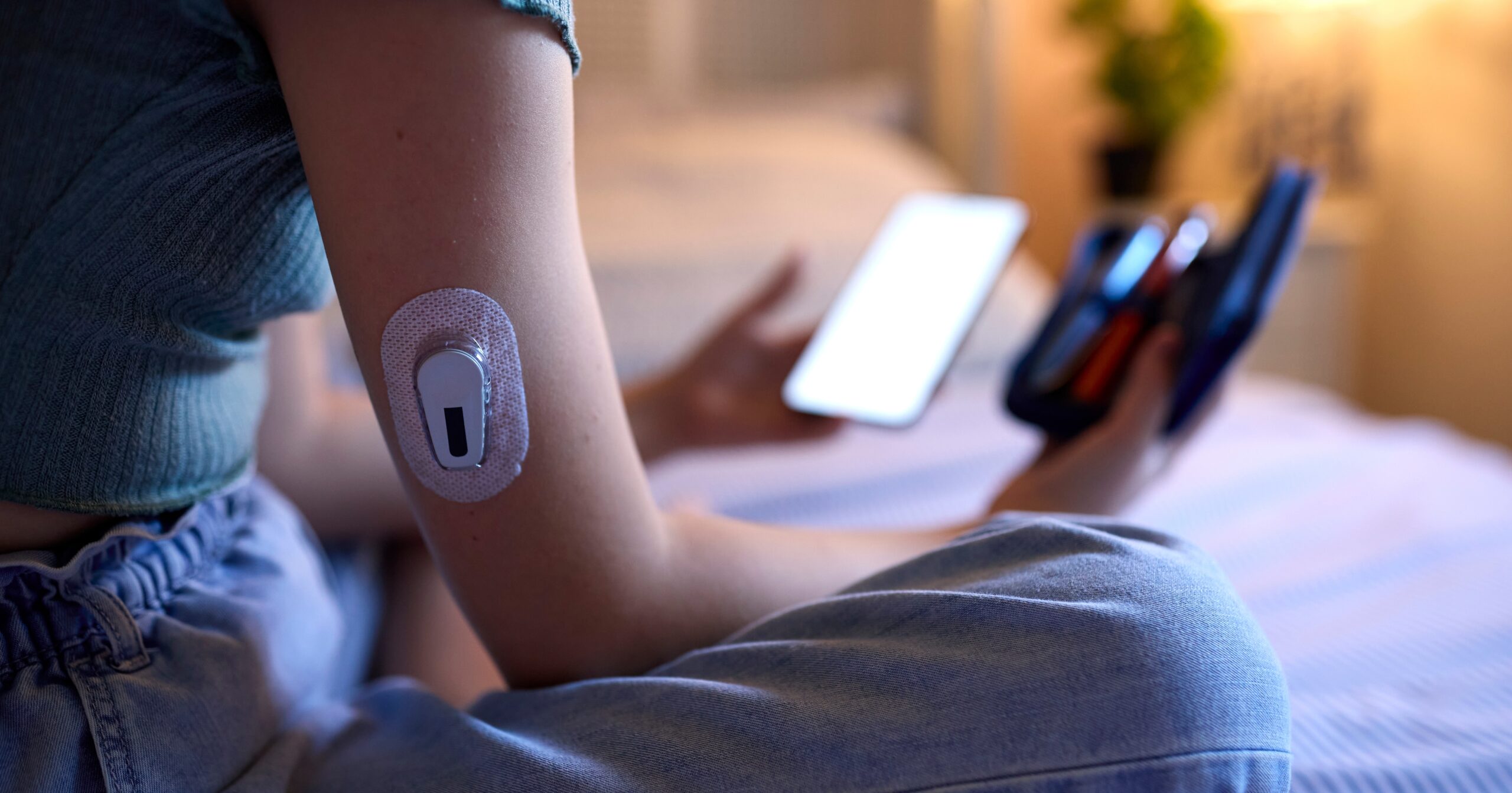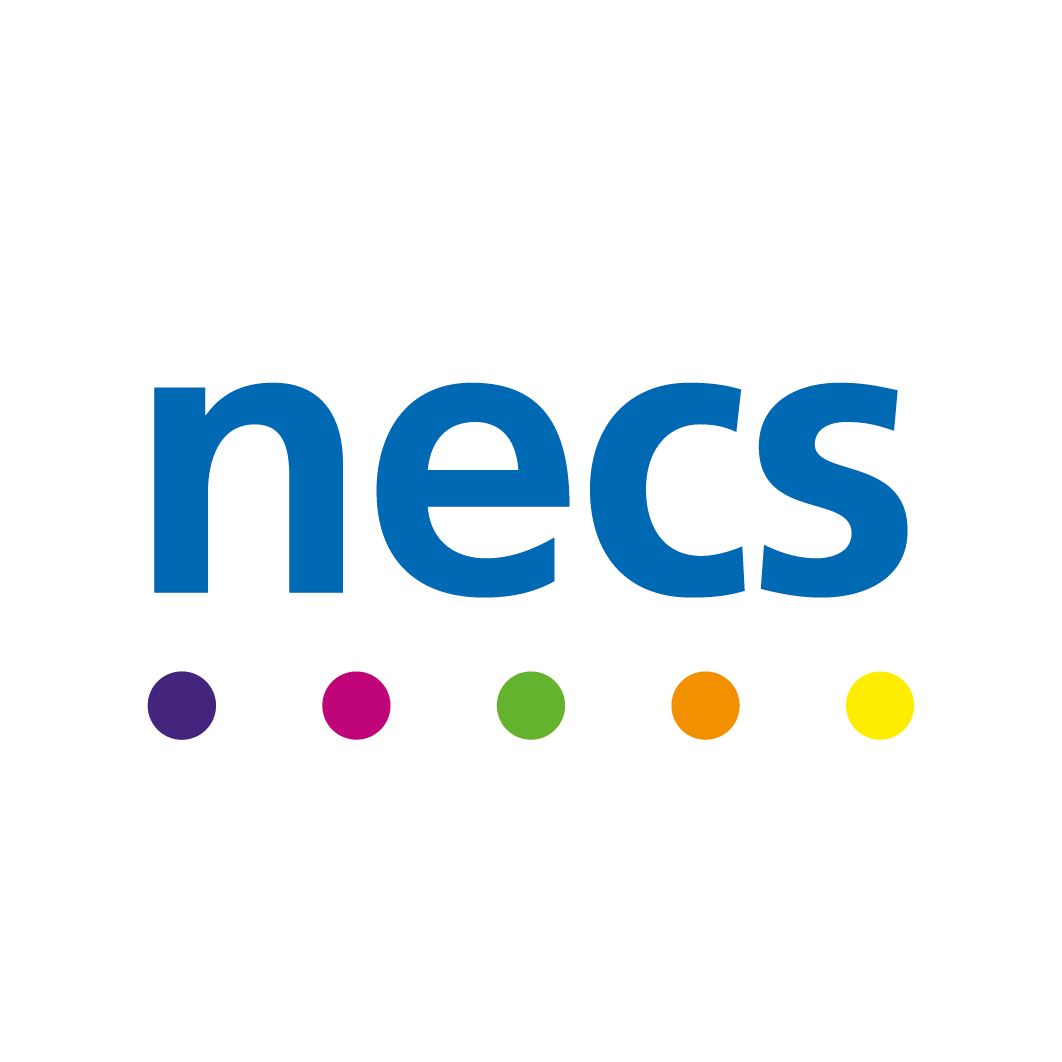The challenge
The Professional Records Standards Body (PRSB) was commissioned by NHS England to produce standards for sharing diabetes information across all care settings safely and accurately between digital systems, with no loss of meaning to support safe, high-quality care. This also includes the self-management data from digital applications and medical devices such as glucose monitors.
The developed standards are:
- The Diabetes Information Record standard for information needed to support diabetes management.
- The Diabetes Self-management data standard for information that could be recorded by the person and shared with health and care professionals.
PRSB commissioned the NECS’ clinical safety team (digital) to complete a clinical safety assessment for the two new diabetes standards. PRSB wanted to ensure that the process within the diabetes standards would allow for information to be recorded consistently, allowing meaningful information to be made available to the right professionals at the right time, so it can be used to inform decisions around care.
Our response:
Working collaboratively with PRSB and NHSD, the clinical safety team completed the following:
- Scoping of the diabetic standard
- Statement of Intended Use
- Hazard log assessment
- Clinical safety case report.

Outcomes
NECS successfully delivered a clinical safety case report against the DCB0129: Manufacture of a health IT system for the PRSB diabetes standards. Further improvements were identified to the PRSB clinical safety approach by adapting and streamlining their core information standards into a more efficient and effective generic hazard list.
NECS identified a solution which broke down the standards to only include the relevant information and create value to the clinical safety case. This enabled the creation of a list of generic hazards that can be added to the clinical safety case, in a more user-friendly format and provide the required added value and mitigate any issues around inconsistencies.
PRSB and NHSD have adopted this generic hazard list, changing their approach to future clinical safety assessments ensuring the process is more efficient, transparent and user focused. The formulation of a structured clinical safety case report allows future health IT systems to be developed with a full understanding of clinical safety and impact upon patient care.
Using the guidance of the clinical safety case report and diabetes standards, manufacturers can focus on the production of important health IT products in relation to diabetes management with the assurance that they have the appropriate mitigations and clear vision of the expected outcomes.
NECS was able to support a clinically driven safety approach which will give the best possible outcome to clinicians managing complex diabetes and ultimately empower patients to make informed choices on their diabetic care.
“We received support from NECS to develop a clinical safety case report and hazard log for an information standard, including resolution of particularly complex and thorny issues around sharing of information from diabetes self-management devices with systems. The work was carried out professionally and to a high standard, with excellent engagement with the project team, clinical advisors and the NHS Digital clinical safety team. The CSO’s work has helped us to streamline our processes but still ensure the clinical safety case report and hazard log meet the exacting requirements set.”
James Critchlow – PRSB Researcher and Analyst

